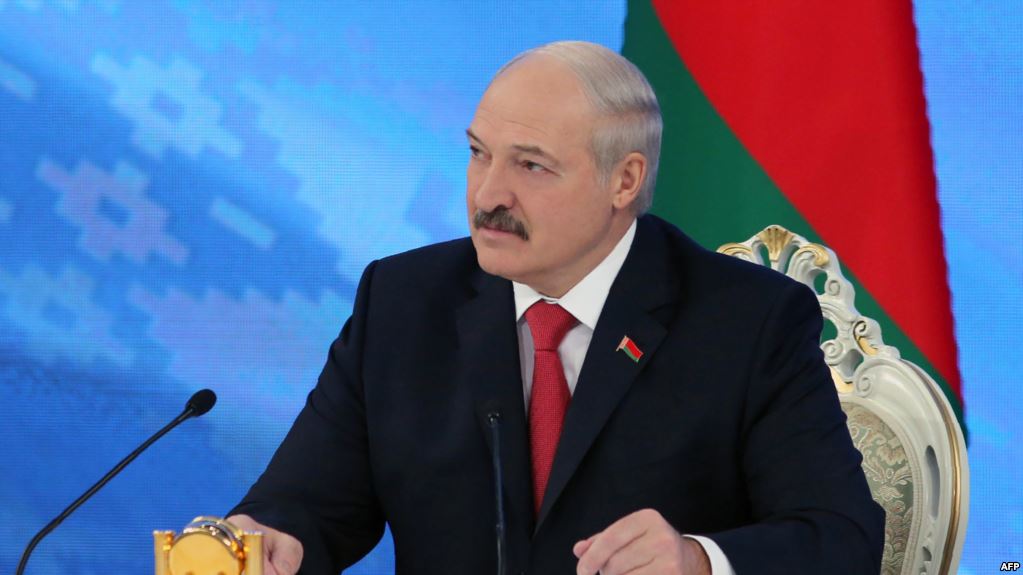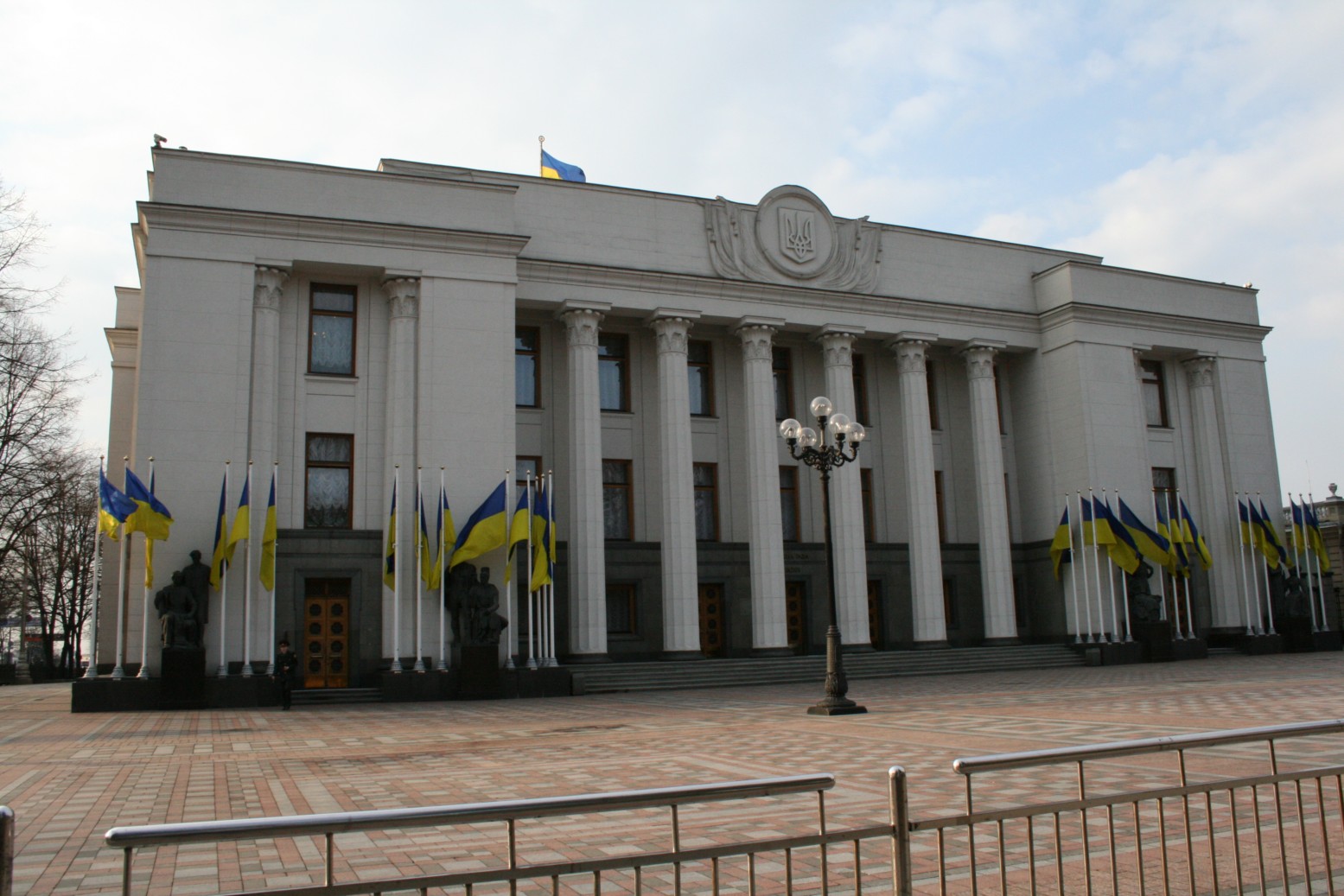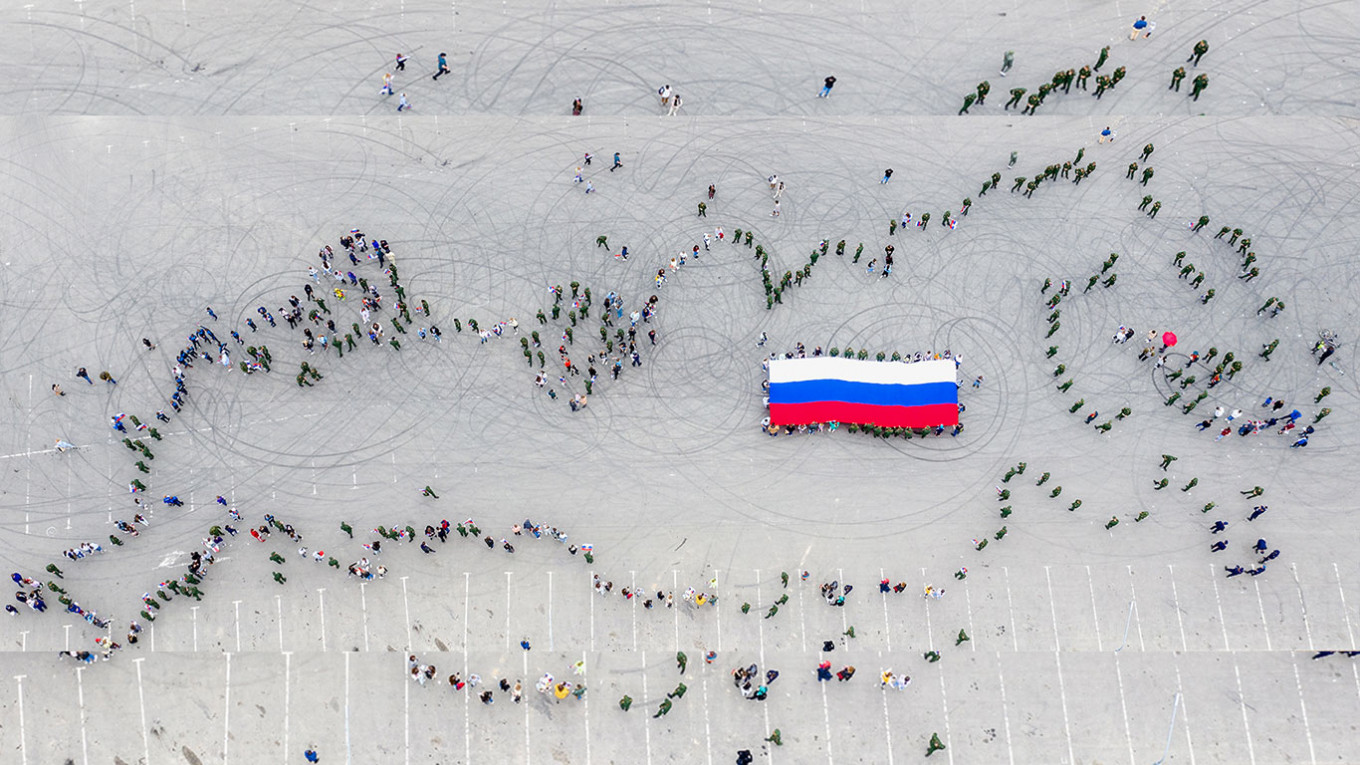
Belarus’s Quest for Self-Identity Aided by Outside Actors
Belarus’s Quest for Self-Identity Aided by Outside Actors
Belarus has been formally independent since December 1991; but as Foreign Minister Vladimir Makei averred two years ago, in an interview with The Washington Post, “We have not yet arrived at the realization of what we are as a nation… As a nation, we are still in search of identity, [but] our desire to retain […] independence and sovereignty is unquestionable” (Mfa.gov.by, May 24, 2015). Three seemingly unrelated sets of events suggest that the desire for a clear identity is now well on its way to realization. First, the Tell the Truth civic campaign (TTCC) was finally officially registered, after having filed its seventh application (Tut.by, May 16). Second, a debate over the Belarusian language has resumed. And third, Belarus came under renewed attacks by voices in both Russia and the West; but the more condescension and detachment they evince, the easier it is for Belarusians to feel a discrete personality.
Tell the Truth was once headed by Vladimir Neklyaev, a poet and a 2010 presidential hopeful who left the group in April 2015 and accused Andrei Dmitriev, his successor, of ties to the Belarusian KGB (Telescope, December 22, 2016). TTCC’s second leader, Tatyana Korotkevich, was a 2015 presidential hopeful. Accusing comrades-in-arms of association with the KGB has been a frequent tactic of members of the Belarusian opposition going back to early opposition leader Zianon Pazniak, who leveled this accusation at a great number of his former allies. Dmitriev is disliked by other opposition leaders because, under his guidance, TTCC has been successful in terms of actual membership and media attention. Moreover, TTCC is the only entity in the opposition that does not resort to wholesale denunciations of President Alyaksandr Lukashenka as a traitor to the national cause and is not averse to collaboration with his government. Speaking to the Belarusian Service of Radio Liberty (BSRL), Dmitriev, for the umpteenth time, dispelled the accusation of a KGB connection and added that after a recent avalanche of confessions by members of the organization Malady Front, this whole issue ought to be put to rest (Svaboda.org, May 23). Indeed, in April, several members of this intransigent (unlike TTCC) group, registered in the Czech Republic, confessed they had signed agreements with the KGB (Telegraf, May 5). Regardless of these revelations and the PR furor accompanying them, the recent registration of TTCC is a major breakthrough in Belarus’s political life because TTCC is an active, workable group.
Meanwhile, the new-old debate about the Belarusian language was triggered by the Gomel-based opposition activist Oleg Sluchak. He took the initiative to sue the adolescent Ilya Klishevich for his online pronouncement about the language. In a comment section of some media website, Klishevich wrote that “the Belarusian language is dead.” It subsequently turned out that the “offender” is a cancer patient undergoing chemotherapy. A public outcry followed (Belsat, May 19). But the subsequent discussion the incident sparked about Belarusian concluded that although the language is not exactly dead, it requires resuscitation. One of the opinions shared in this discussion was that speaking Belarusians should be enforced via penalties for failing to do so—in the same way as dodging taxes is legally punished (Svaboda.org, May 27). The head of state also weighed in, declaring that while he is categorically against imposing a certain language of learning and communication, he thinks “Belarusian is deficient in our everyday life” (Tut.by, May 26).
In the meantime, external actors have also been contributing to boosting Belarusian identity. Thus, beginning on May 15, all passenger aircraft from Belarus have to land at international terminals of Russian airports (Tut.by, May 15). Although this switch from domestic terminals serves the purpose of passport control of citizens of third countries, not Belarusians, it is a suggestive change. Finally, at least as far as air transportation is concerned, Belarus has become a foreign country for Russia. Moreover, mocking of Belarus on Russian TV channels continues, and Belarusians take notice. Thus, President Lukashenka’s youngest son, who accompanied his father on their trip to China last month, was labeled by Russia’s NTV as a “crown prince” (NTV, May 20). Even greater umbrage stemmed from NTV’s characterization of Belarusian humanitarian aid to Ukrainian war-torn regions as being motivated by “Belarusians eventually discovering somebody even poorer than they are” (Naviny.by, May 15).
And in recent weeks, such Russian condescension was accompanied by similarly alienating attitudes expressed by Westerners. Thus, for Yale historian Timothy Snyder, who has just published a treatise on tyranny, Donald Trump is an embodiment of a tyrant and so is Lukashenka. Snyder told the BSRL that “although Trump has not yet expressed his fascination with Lukashenka, this is only a matter of time” (Svaboda.org, May 24). More than six years ago, he observed that Minsk is so suspiciously clean it “makes Vienna look dingy.” Moreover, “to travel to or from Belarus,” according to Snyder, “is to become acquainted with the KGB. At the European airport from which you depart for Minsk, a functionary, likely female and seemingly harmless, patrols the gate area. At a certain point, she asks each passenger for his or her passport… At the Minsk airport, as you depart Belarus, an obvious KGB functionary checks your documents […] before you board the plane. Then he boards the plane with you. The KGB officer is probably accompanying a Belarusian official on a journey abroad, since Belarusians of any significance cannot travel without a political chaperone” (Nybooks.com, October 28, 2010). Reflecting an indelible influence of spy novels as well as of some prominent members of the Belarusian opposition, this narrative was composed in 2010, not, say, the 1970s. And yet, it is still not unusual when it comes to modern-day stereotypes about Belarus.
It appears, however, that such skewed narratives may actually have a surprising consequence for Belarusian identity. By discouraging Belarusians from even bothering to address such persistent falsehoods, it erects a barrier—not a physical but a psychological one. And behind this barrier, Belarusians are able to shed their complexes and perceive themselves as a unique and self-confident nation.


